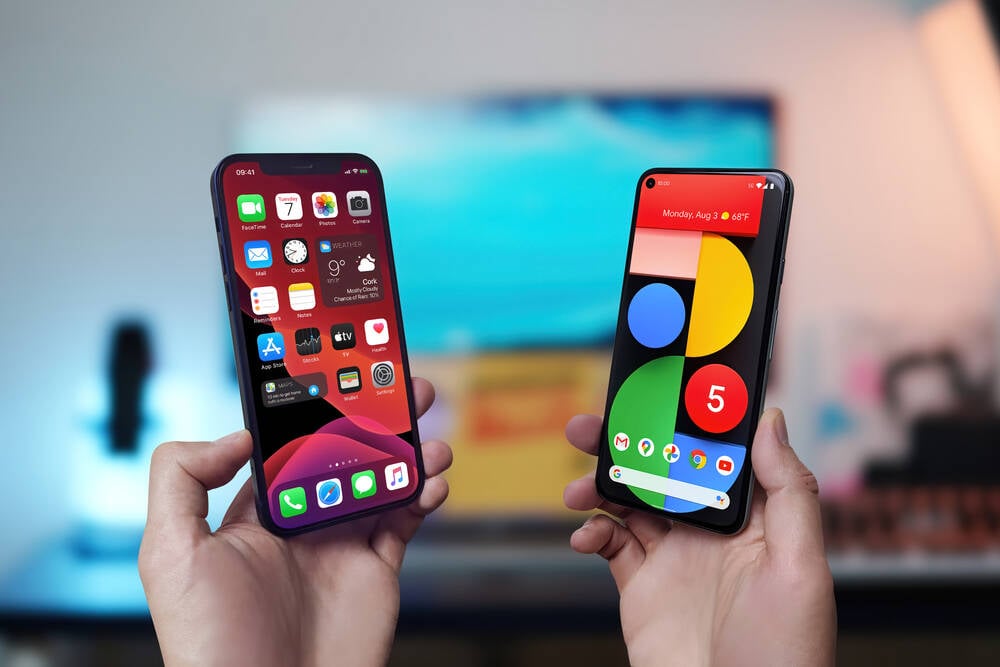- Nov 10, 2017
- 3,250
- Content source
- https://www.theregister.com/2023/11/03/google_trial_apple/
The US Department of Justice released a series of documents in its antitrust trial against Google yesterday, including documents that reveal Apple made its default search deal with the Chocolate Factory despite considerable privacy reservations.
Among the dump of documents released by the DoJ Thursday was an internal Apple slide deck that was an exhibit entered into the case when Apple's SVP of services Eddy Cue testified in September.
Cue reportedly told the court that Apple made its $18 to $20 billion deal with Google to make the search giant the default on Apple gear because there wasn't a valid alternative engine.
But, as the now-public – but still largely redacted – slide deck indicates, Apple considered Google far from perfect on issues of privacy. One slide referred to Android as "a massive tracking device" – no way, really? – while others point out how much better of a job Apple considered itself to be doing on privacy versus Google when it came to how the pair handle data from user accounts, maps, search, and ads.
Remember that Apple offers an OS (iOS) and browser (Safari) that rivals Google's Android and Chrome, so it's not too surprising to see Cupertino slag off its Silicon Valley neighbor.
Included in Apple's slides is also an oft-quoted statement from then-Google CEO Eric Schmidt: in 2010, the chief exec told a Washington policy forum that "Google's policy is to get right up to the creepy line but not cross it."
The 2013-era slides describe, in typical modest fashion for Apple, its overall approach at the time to privacy. It's mainly things like trying to keep people's Siri and Maps usage separate from advertising, targeted or otherwise. Google - Apple claimed - did much the opposite and commingled all its user, services, and advertising data.
Thing is, Apple talks about its love of privacy safeguards and how much it thinks Google is a fiend with people's data, but take a look at how it operates in reality. While it has been baking a decent amount of information security into its software and hardware – just see this Apple PDF – Cupertino can be accused of being two-faced.
The rest

DOJ v Google: Apple slams Android as huge 'tracking device'
Whinges about Chrome maker's privacy stance while taking billions to, er, use its search engine
